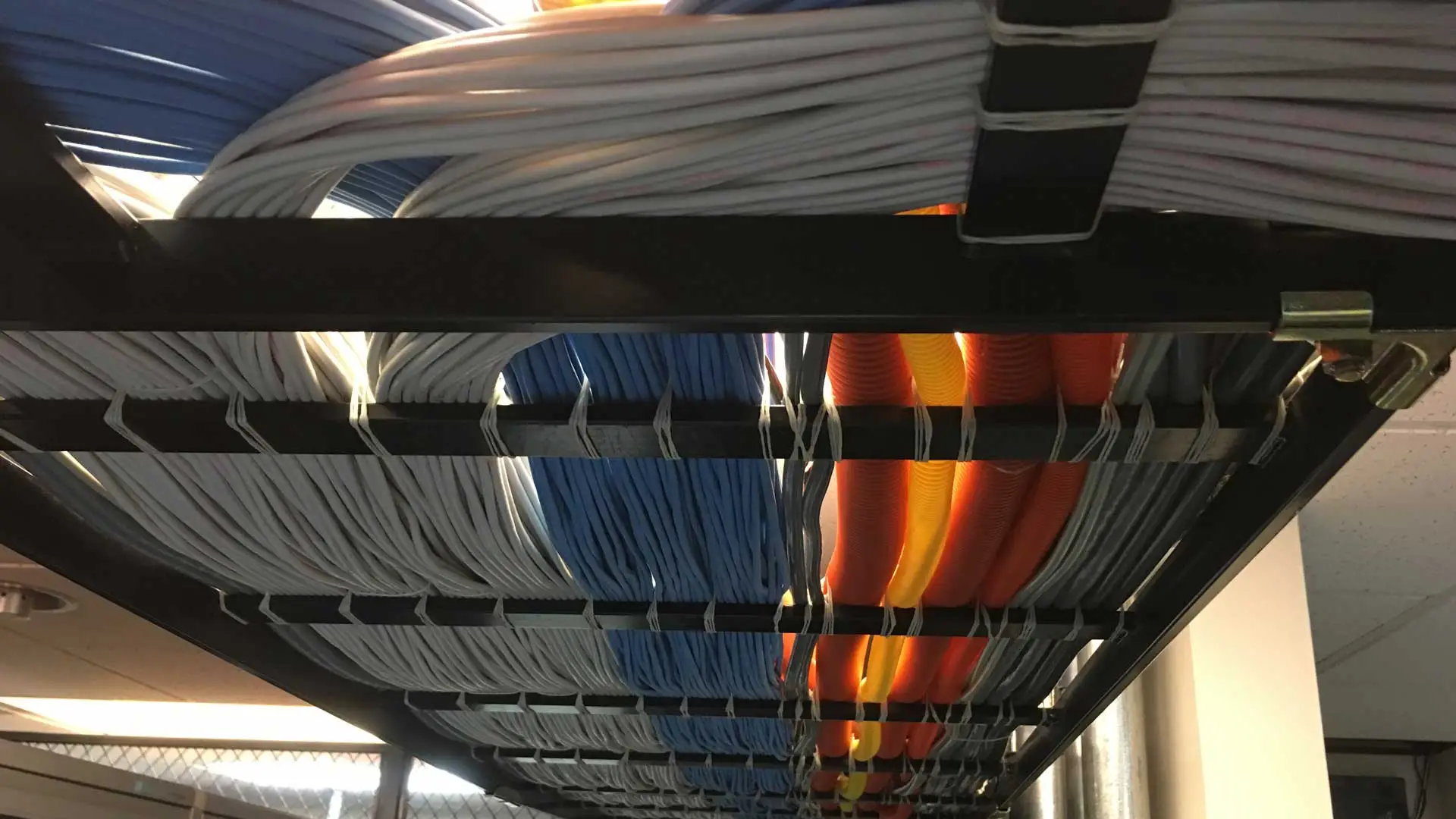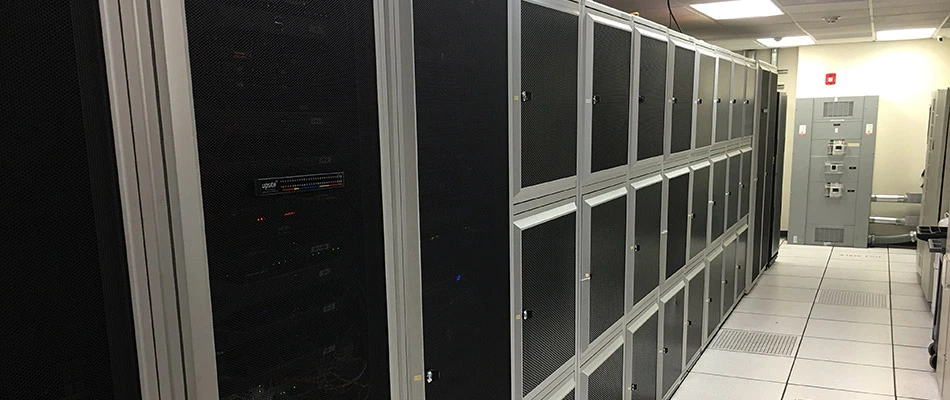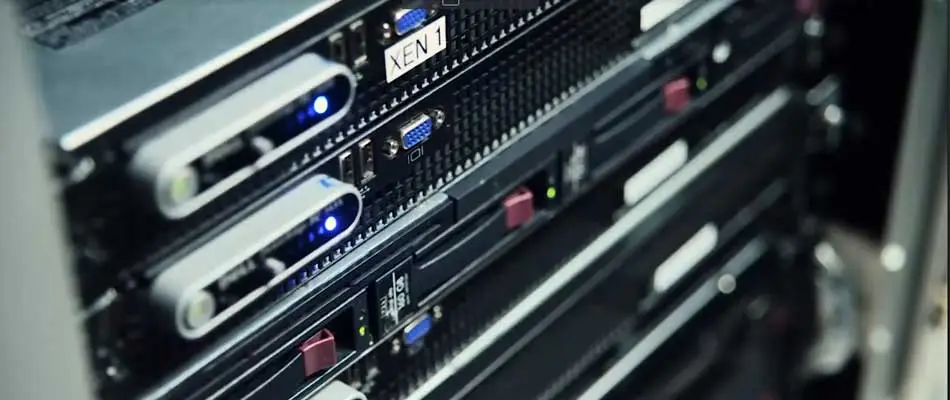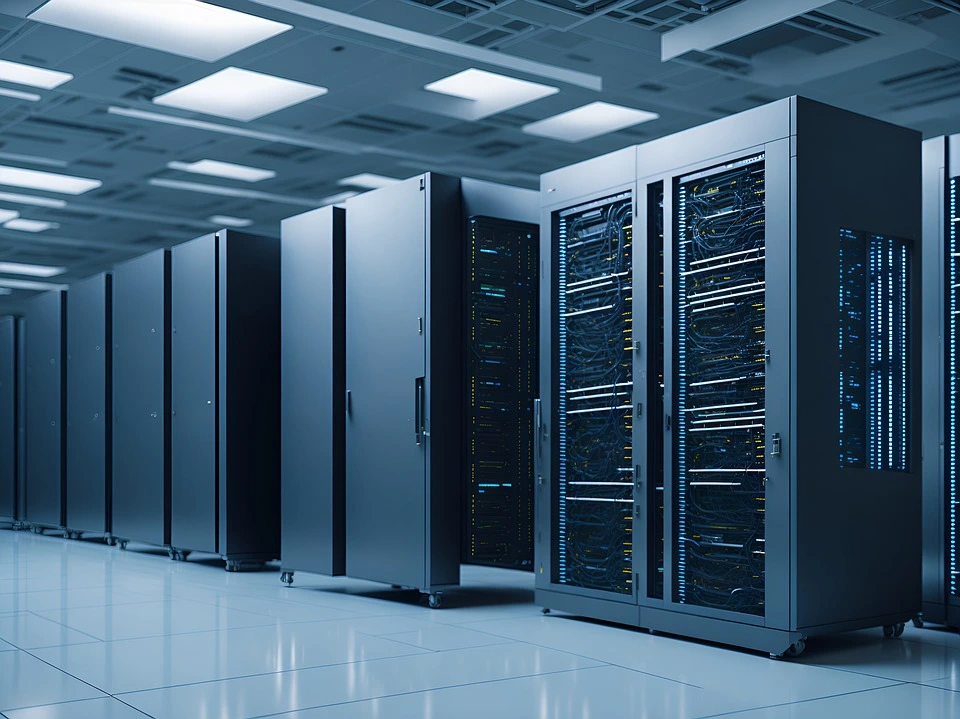
Insight
Check here for information regarding cloud services, colocation, virtual desktop offerings

Check here for information regarding cloud services, colocation, virtual desktop offerings

So, you have built yourself a small data center for your growing business. You have a few servers and things seem to be going alright — but could they be better? Even if your data center is supplying your needs right now, a good business-mindset would keep you focused on ways to improve your business and stop wasting money. Unfortunately, you might not even know the ways you are wasting money, so we have put together a small list of reasons you are simply letting your money slip away by not using a data center for your company’s IT needs.
Bandwidth is a huge factor when running a successful data center, as you may have already figured out. Unfortunately it is not usually unlimited for any individual business with access to only one internet service provider, neither is it very cheap. Not only are data centers located in areas where a number of high-quality internet providers overlap, they have more purchasing power than you, and can therefore negotiate better prices. Another wall that may prove to be annoying is that lying high-bandwidth fiber can simply be out of reach for most businesses with small data centers. This is because the price of laying fibers just to reach your business is often estimated at $10,000 per mile.
Here is another thing to consider — If you think that the simple cost of your monthly usage is the only way your business will be paying due to bandwidth, then you are sorely mistaken. As your business grows, you...

When considering a data center, there are many options to think about, but one that should be looked at is whether or not the data center is carrier neutral. A carrier-neutral data center offers multiple options for connectivity, whereas a non-carrier-neutral data center only has one option.
Here are some reasons your business in Orlando, Space Coast, Tampa, and other Florida areas should consider using a carrier-neutral data center for your colocation provider.
Carrier neutrality is very important to a data center customer, as it gives options for blended connectivity. A non-carrier-neutral data center only leaves you with one service option and limited connectivity options. With a carrier-neutral data center, the business gets several advantages over a non-carrier-neutral data center.
Using a carrier-neutral data center has many advantages, including:

Many small businesses are finding that they are expanding and, therefore, have increased IT infrastructure needs. This can present itself as the increased need for data storage, online communication, or product orders. It’s possible you have already invested in building a small private data center, or maybe you have only recently realized your increased need and are looking to resolve it.
Whatever the case, you are likely already familiar with the fact that building and maintaining a private data center can become very stressful, time-consuming, and expensive. Purchasing the right server equipment, installing the cables and cooling systems necessary, along with keeping knowledgeable staff on-site to help you solve any problems that are sure to arise, can become an unnecessary strain on your business, and can ultimately steal your focus away from real money-making pursuits.
There are many ways that colocation services can improve your business and make your life easier, but let’s focus on the two main benefits that these services offer.
When you decide to install your own server equipment on-site at your business, you are choosing to take on a huge amount of risk. The likelihood that you chose the location of your business due to the wonderful internet reliability is very low. Most likely, the location of your business was driven by the high physical traffic of potential customers, not the reliability and cost-effectiveness of running...

In today's rapidly evolving digital landscape, businesses across industries are increasingly reliant on data-driven operations. From storing vast amounts of information to running critical applications, maintaining the integrity, availability, and security of data has become a paramount concern. To meet these demands, organizations are turning to colocation data centers as a robust solution. In this article, we will explore the essential need for a colocation data center and the key benefits it offers, such as N+1 redundancy, a dedicated server room, and comprehensive service level agreements (SLAs).
One of the primary reasons why businesses opt for colocation data centers is the unparalleled level of reliability they offer. The concept of N+1 redundancy lies at the heart of these facilities. N+1 redundancy means that there is always at least one additional backup component available to ensure uninterrupted operations. Whether it's redundant power supplies, cooling systems, or network connections, colocation data centers are built with redundant infrastructure to mitigate any single points of failure. In simplest terms, if a business needed two generators to operate an entire facility, to ensure N+1 redundancy, it would have three generators in the event one malfunctioned. This design principle significantly reduces the risk of downtime and guarantees optimal...
Server room design is a critical aspect of modern IT infrastructure management, as it ensures the optimal performance and longevity of your organization's hardware. A well-designed server room not only provides efficient use of space but also incorporates effective environmental controls, airflow planning, fire suppression systems, and cable management tools to protect valuable equipment.
In this blog post, we will delve into various aspects of server room design such as essential equipment selection including server racks, computer servers, routers & switches and network cabling. We will also discuss the benefits of centralizing IT infrastructure in a dedicated data center for improved resource management and enhanced security measures.
Finally, we will explore strategies for future-proofing your server rooms by planning for expansion and upgrades with scalable IT equipment, expandable cooling systems and redundant power sources. This guide will provide valuable information for constructing a data center environment that meets the unique requirements of your organization.
